
HYROX and CrossFit: A Powerful Complement, Not a Clone
At Synergy Strength, we’re proud to build athletes who are strong, capable, and resilient across all areas of fitness. As part of that mission, we offer both CrossFit and Hyrox classes—two distinct but complementary approaches to developing full-body fitness.
While they share some surface similarities—functional movements, high intensity, and a community-driven atmosphere—CrossFit and Hyrox are fundamentally different in purpose and structure.
One is a comprehensive sport.
The other is a specific and valuable training stimulus.
And together, they make athletes better.
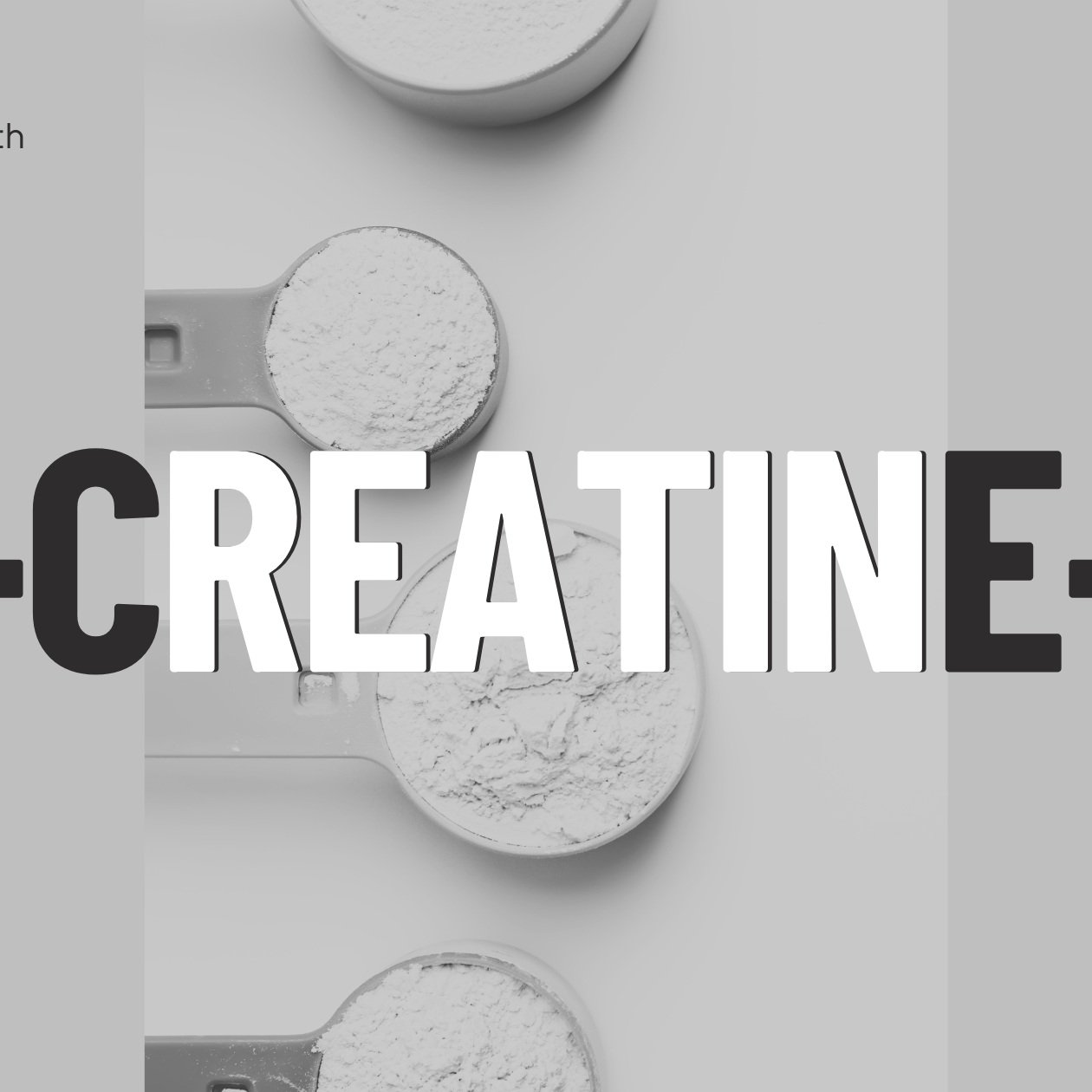
The Importance of Creatine: From Strength to Cognitive Support
Creatine is one of the most widely studied and effective dietary supplements available today, particularly for improving strength, increasing lean muscle mass, and enhancing high-intensity exercise performance. But its impact goes far beyond the gym floor. Over the past two decades, new research has uncovered a host of additional benefits—from supporting brain health and cognition to improving bone density and even protecting against neurological diseases.
This article explores the deep pool of evidence supporting creatine's benefits for both physical and mental performance and shines a spotlight on why it’s no longer just a “bodybuilder’s supplement.”
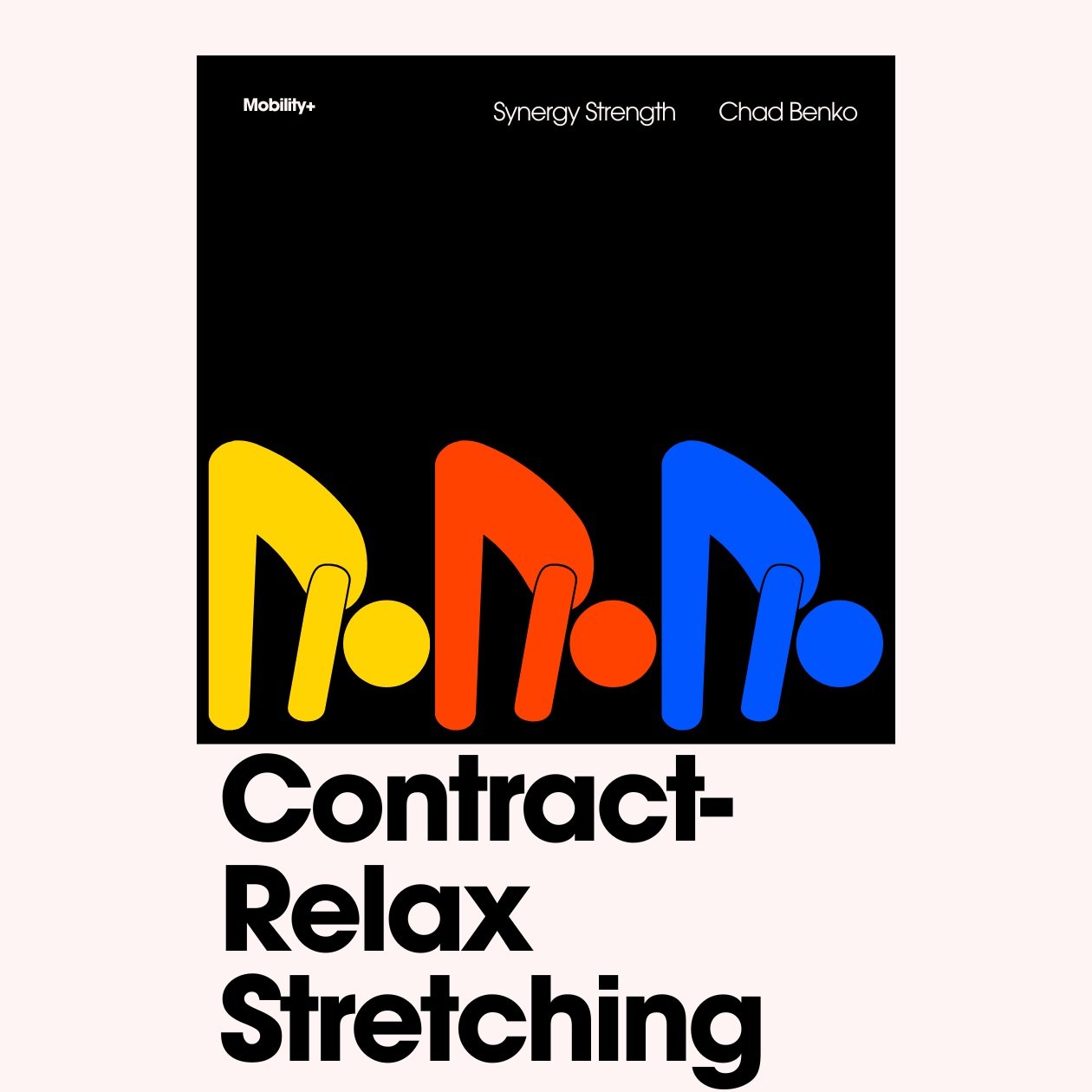
Contract-Relax Stretching: Why We Use It in Mobility+
Mobility is more than just being flexible — it’s about owning your range of motion with strength and control. In our Mobility+ program at Synergy Strength, we prioritize methods that go beyond basic stretching to create real, usable mobility. One of the most powerful tools in that toolbox is contract-relax stretching.
Let’s break down what it is, why it works so well, and how it adds another level to your performance and longevity in training.
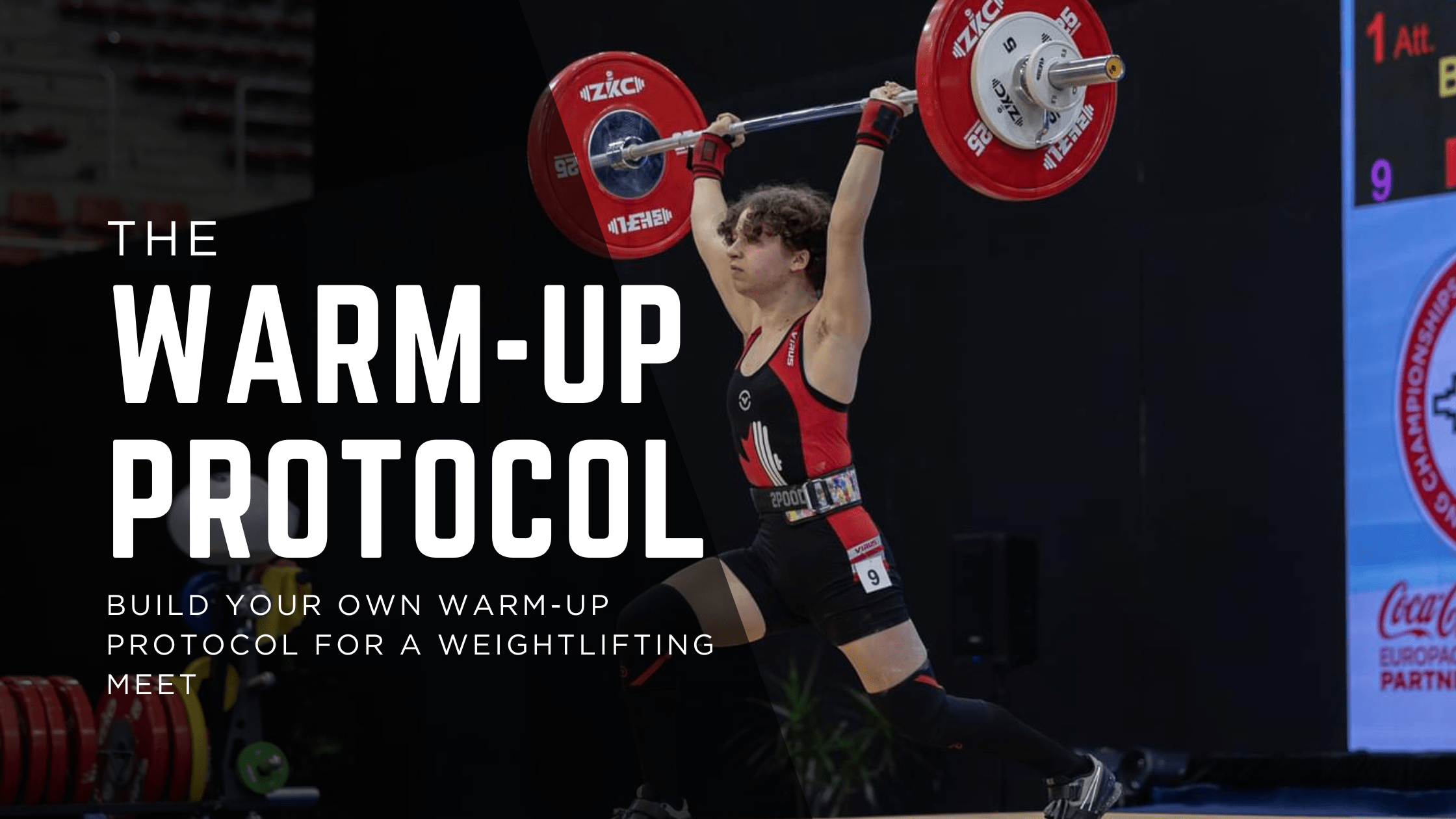
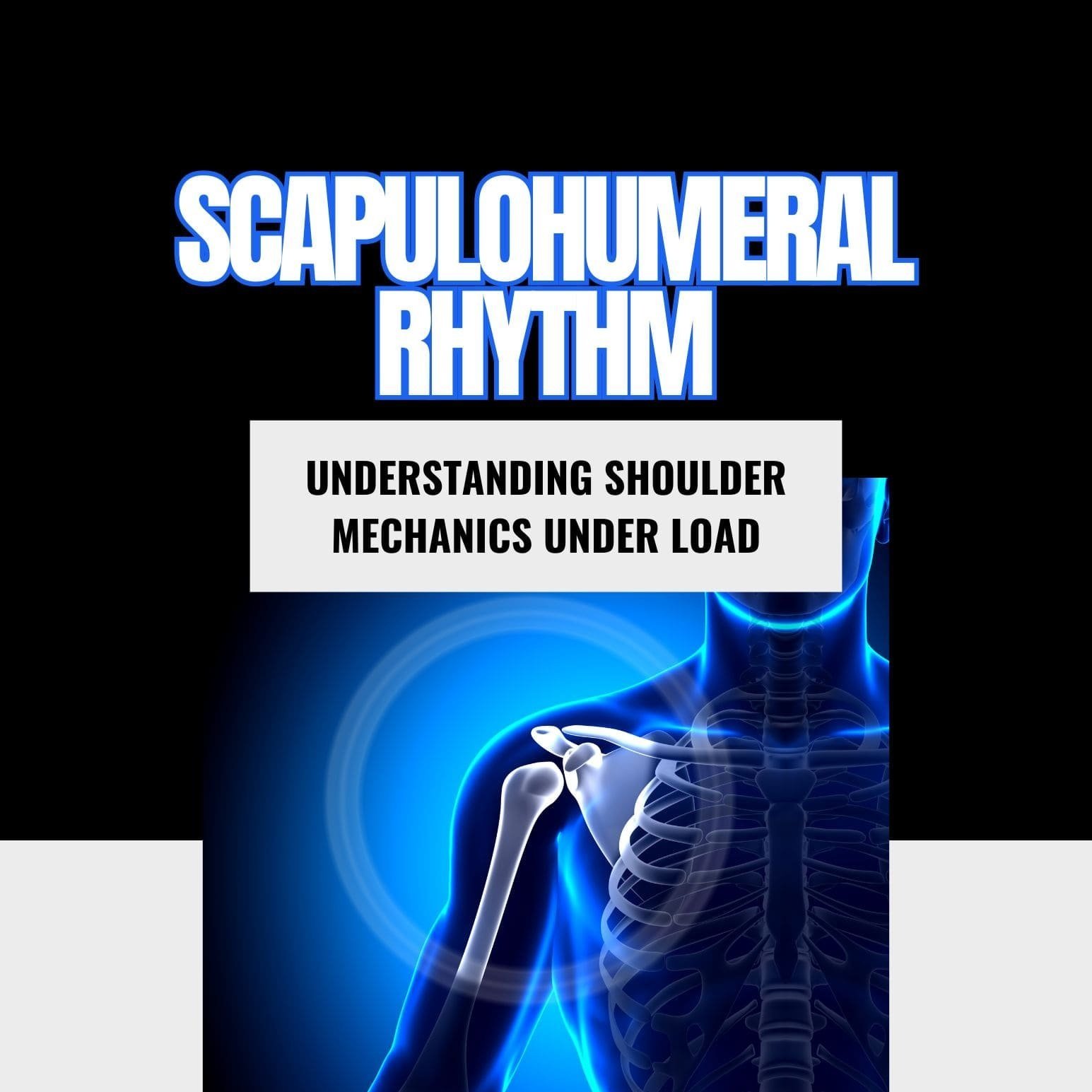
Scapulohumeral Rhythm: Understanding Shoulder Mechanics Under Load
The shoulder is the most mobile joint complex in the human body. Its ability to move freely in multiple planes is what enables pressing, pulling, reaching, and throwing—but this mobility demands finely tuned coordination between several anatomical structures. One of the most critical—and often underappreciated—of these is the scapulothoracic articulation.
When we talk about overhead pressing, benching, or any loaded upper-body movement, we must understand a key principle: scapulohumeral rhythm. This concept describes how the scapula and humerus work in concert, alongside the thorax, to create full, functional shoulder elevation. Without this rhythm, movement becomes dysfunctional, compensation increases, and injury risk skyrockets.

Aerobic Capacity vs. Aerobic Power: Understanding the Difference and How to Train Each Effectively
In the world of fitness, endurance sports, and hybrid competitions like functional fitness races, two terms often get thrown around when we talk about "cardio": aerobic capacity and aerobic power.
While they’re both part of the aerobic energy system, they’re not the same thing—and understanding the distinction is crucial for athletes and coaches who want to train smarter, not just harder.
This article will break down what the aerobic system is, define the differences between capacity and power, and provide sample workouts and time domains to help you program and train more effectively.
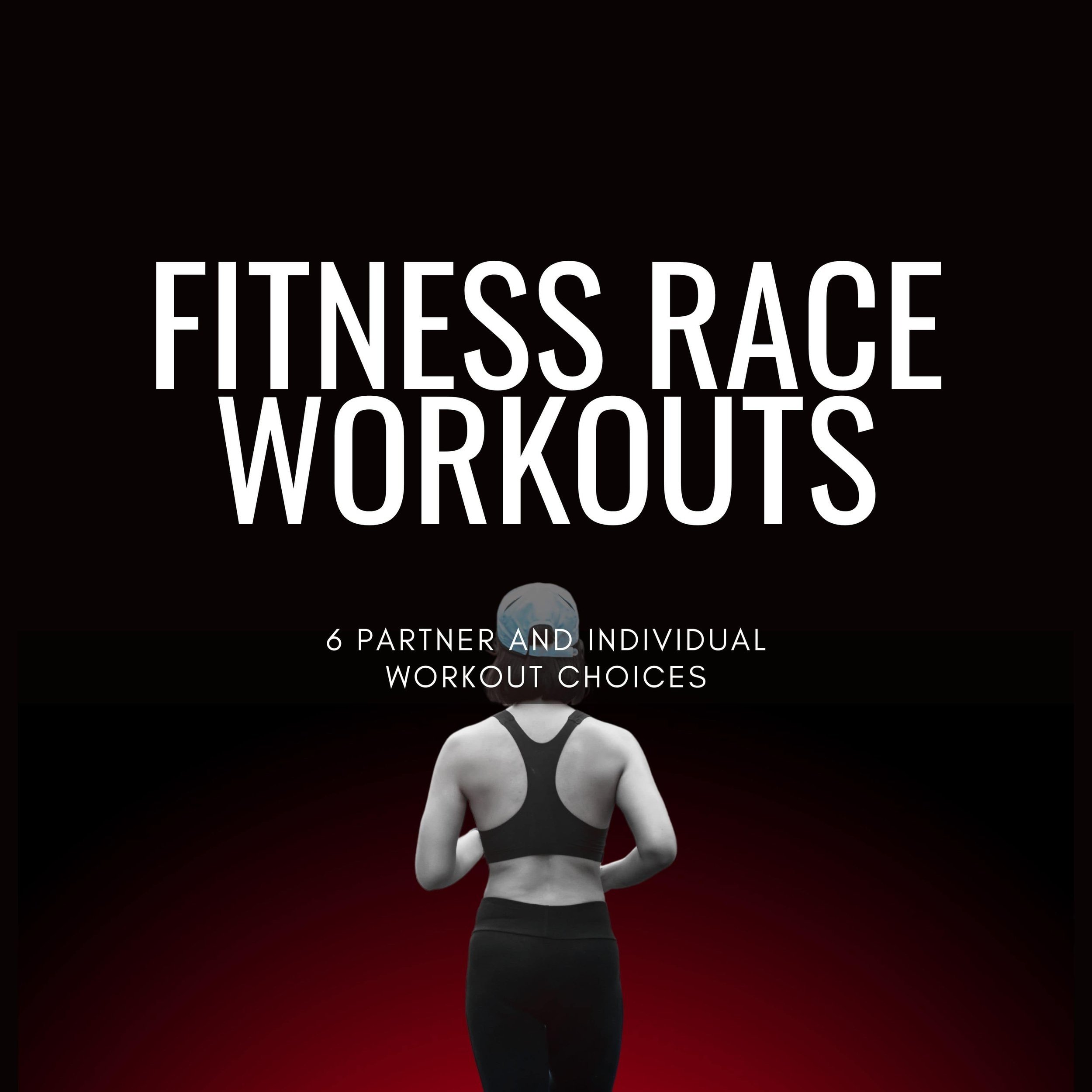
FITNESS RACE WORKOUTS: 6 PARTNER AND INDIVIDUAL WORKOUT OPTIONS
Understanding the Demands of Fitness Race Training
Fitness races are an exciting blend of functional strength, muscular endurance, and sustained aerobic output—all packed into one intense, repeatable race format. Unlike traditional gym workouts or obstacle courses, fitness races challenge athletes to maintain high effort across multiple stations and long distances, all while managing fatigue, transitions, and mental pacing.
Success in these events depends on:
Aerobic capacity – to handle repeated bouts of running and high-rep movements
Muscular endurance – especially in the legs, core, and grip
Functional strength – for sled work, carries, lunges, and more
Pacing strategy – to stay consistent without redlining too early
Mental grit – to push through discomfort over 60+ minutes of effort
The workouts in this article are designed to reflect these key demands—offering both individual and partner training sessions that simulate the race environment, build your engine, and prepare you for the unique challenge of fitness race events.

THE POWER OF DAILY MOVEMENT: WHY WALKING EVERY DAY CHANGES EVERYTHING
In a world that moves fast, sometimes the simplest habits have the most profound impact—and one of the most underrated, life-changing habits is this:
